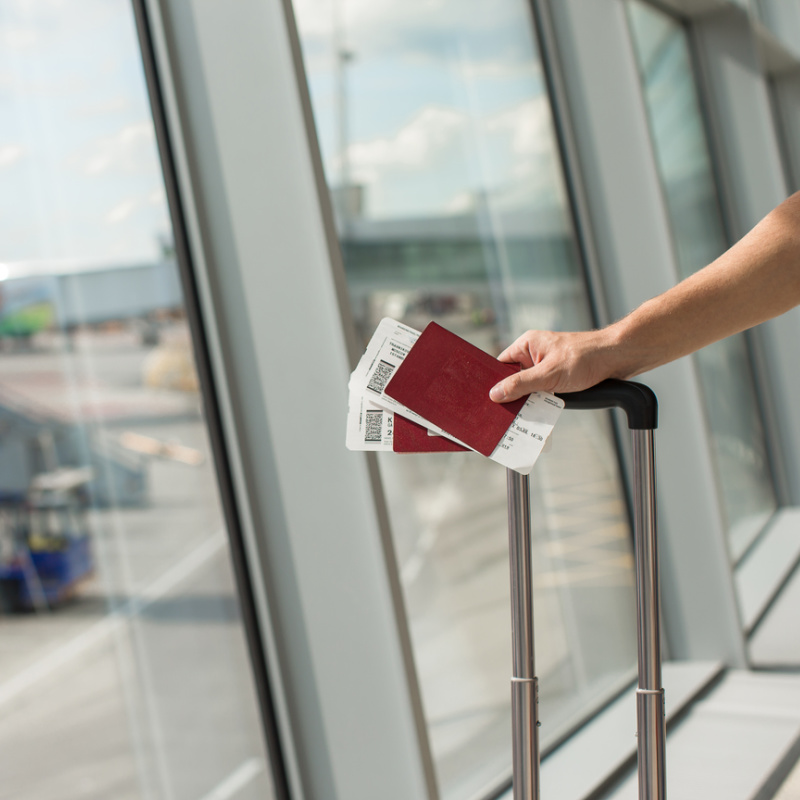Director General Shares More Information About Bali’s New 5-Year Tourist Visa
3 min readThis week the Indonesian Directorate General of Immigration announced a huge new visa policy.
Tourists and business people who regularly travel to Bali and across the Indonesian archipelago can now apply for a 5-year multiple-entry visa.


Indonesia’s Directorate General of Immigration, Silmy Karim, was appointed to his post earlier this year and has quickly got to work shaking up the immigration systems and operations across the country.
Karim has spoken consistently about his vision to establish a world-class immigration service that best serves Indonesian citizens and foreigners and is efficient and accessible.
He has already introduced the new golden visa policy and the second home visa policy and has overseen a rapid shift towards digitalizing all immigration services. This, over time, will be a huge game changer for tourists heading to Bali.
Now Karim and his department have launched the new D1 and D2 visa. This is a type of social visa that will allow holders to visit Indonesia for up to 60 days at a time.
The visa is multiple entry and valid for five years. Some have commented that it is a reissue of the B211a multiple entry visa, though this visa was only ever valid for a year.
Speaking to reporters, Karim shared a little more detail about how the visa will benefit tourists, businesses, and Indonesia.
He confirmed that the D1 and D2 visas are very much the same, except the D1 is issued for social and tourism purposes, and the D2 is for applicants who will be predominantly taking part in business activities like conferences and events.
Karim said, “Applying for a Multiple Entry Visa is quite easy, namely online via the evisa.imigration.go.id page, and payment can be made using a credit card.”
“This Multiple Entry Visa offers convenience for foreigners with high mobility,” he said. The fee for the new D1 and D2 visas is IDR 15,000,000 (USD 970).
Tourists and business people will be able to stay for up to 60 days before they must leave the country, however, there is no limit on how many entries/exits can be made over a 60-day period. Each new 60-day stay starts upon arrival in Indonesia.
If the 60-day periods are to be used back to back, visa holders must leave Indonesia for at least 24 hours before returning.


Karim continued, “We are optimistic that with this new visa policy, more foreign nationals will visit Indonesia, along with the ease of online visa applications, which will be launched in early 2023.”
He concluded, “The Directorate General of Immigration is trying to make it easier for foreigners to apply for an Indonesian visa online.”
“The President’s direction is clear, that digitalization is a solution to make services faster, easier and better.”


There are hopes that the new D1 and D2 visas will help bring more high-quality tourists to Indonesia, especially Bali.
The new online application process hopes to help increase the number of tourists wanting to visit the country too. Indonesia’s travel sector is still in a period of recovery following the pandemic.
2023 has been a bumper year and as of 8th December 2023, 9,869,348 foreign tourists were recorded entering Indonesia.
This sits 16% higher than the Ministry of Tourism and Creative Economy’s target of foreign tourist visits in 2023 which was 8,500,000.


Additionally, over half a million more foreign tourists are anticipated to be visiting Indonesia, mainly Bali, over the Christmas holiday.
The new D1 and D2 visas are a great option for Bali lovers who return to the island year after year, even multiple times a year.
However, the big news Bali lovers are waiting for is for the return of visa-free travel. Indonesia’s Minister for Tourism told reporters earlier this month that he and his teams are in discussions to decide if it’s time to scrap the IDR 500,000 visa on arrival for the country’s top ten visitor countries, which would include Australia.



